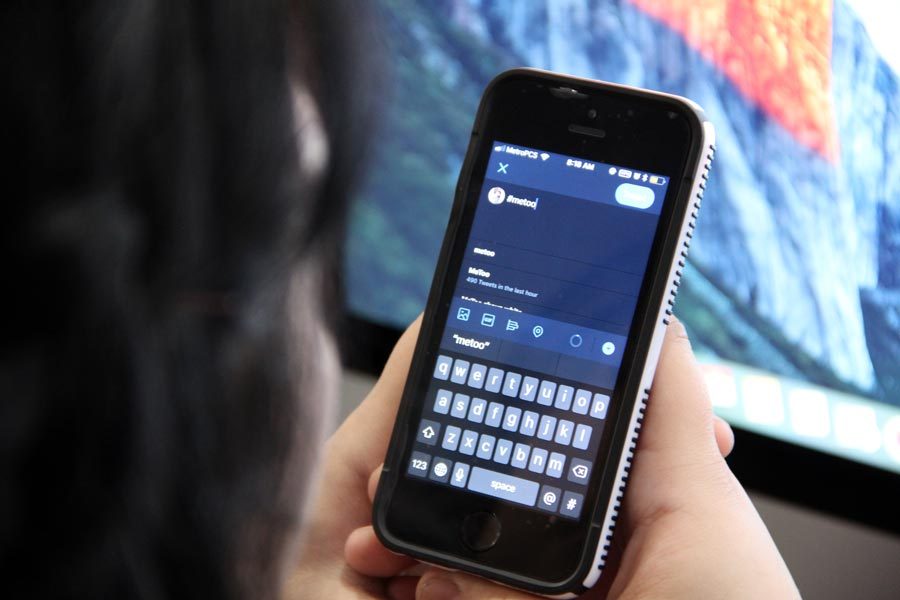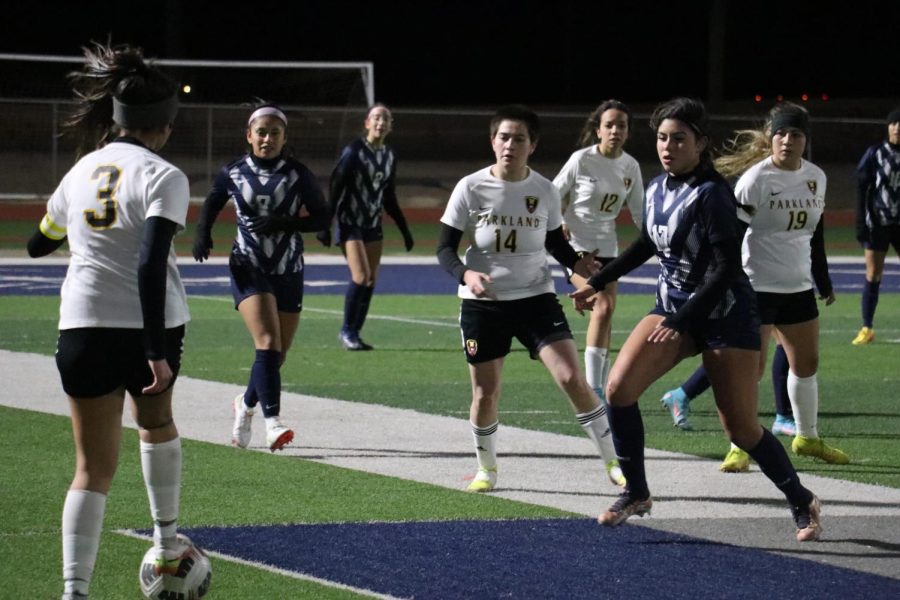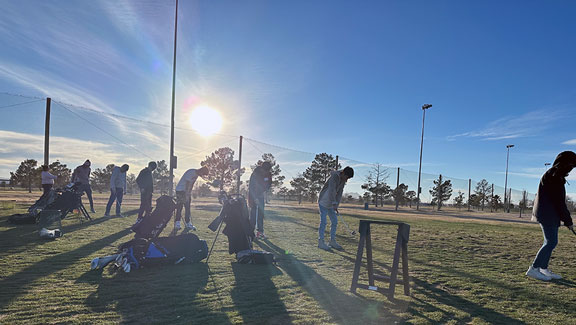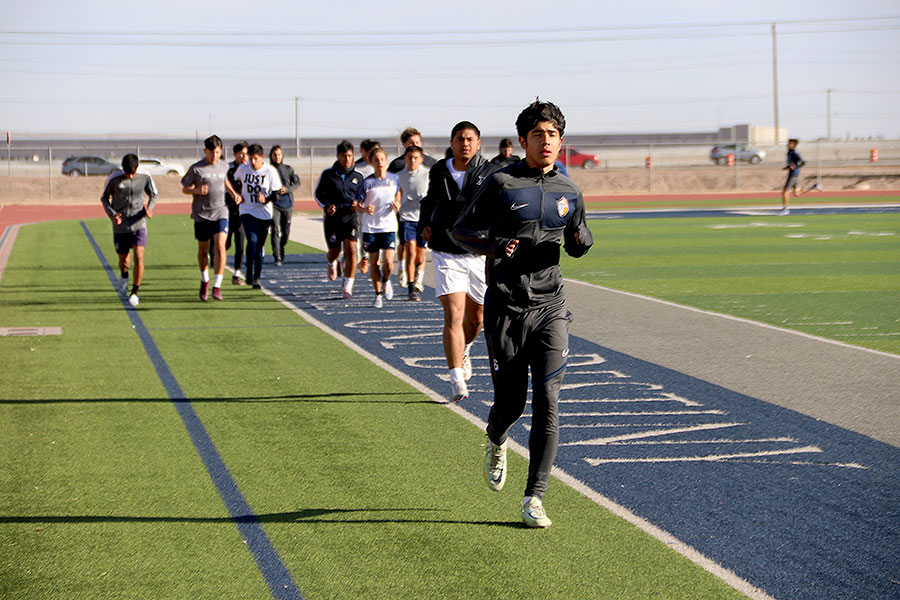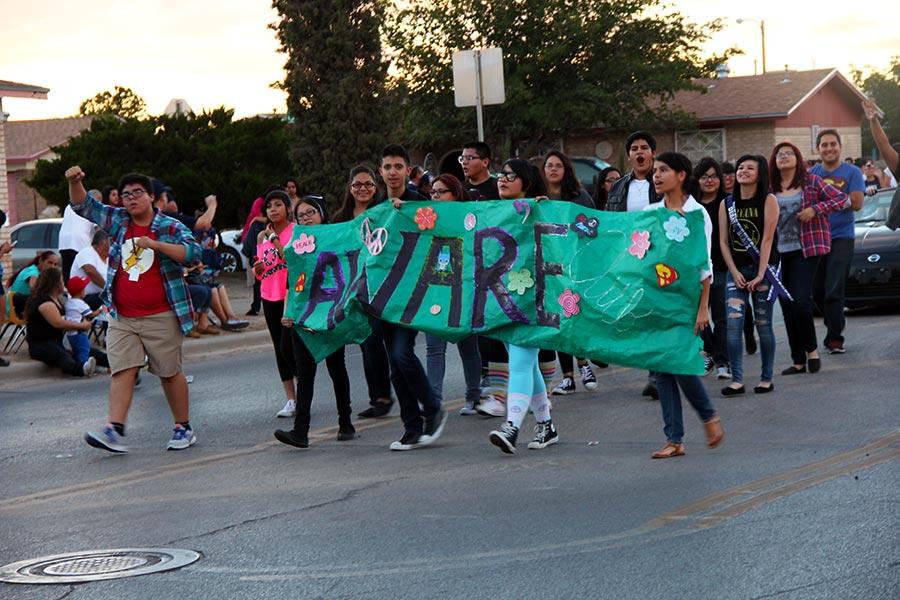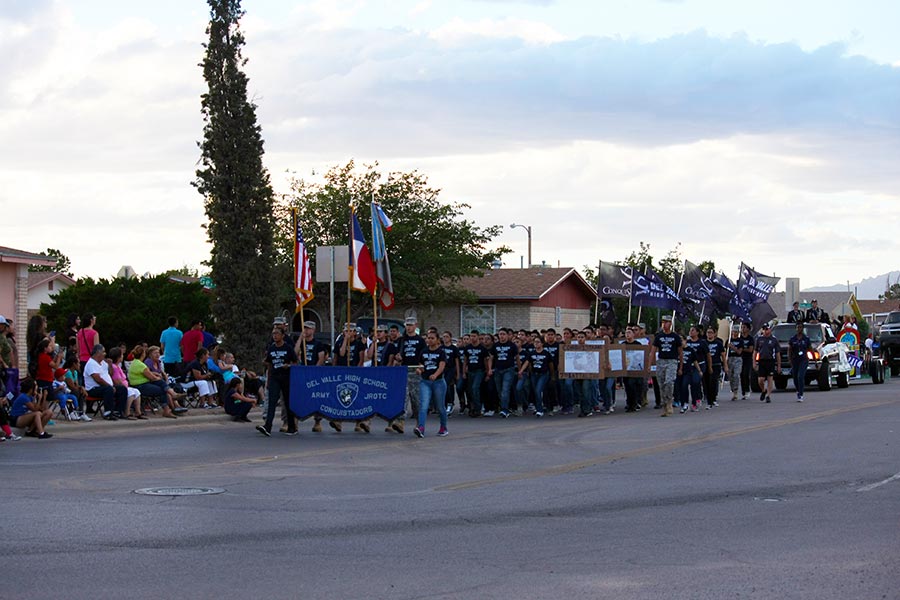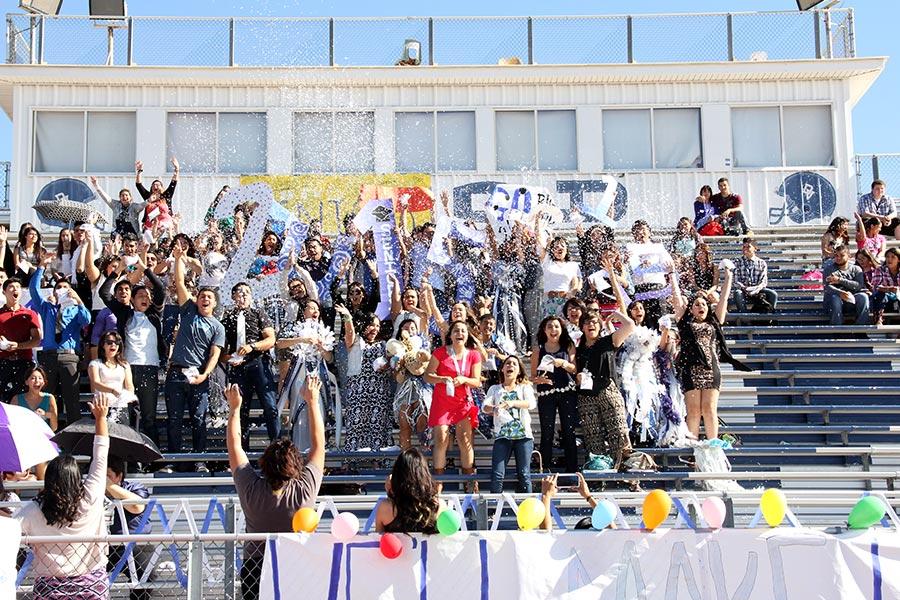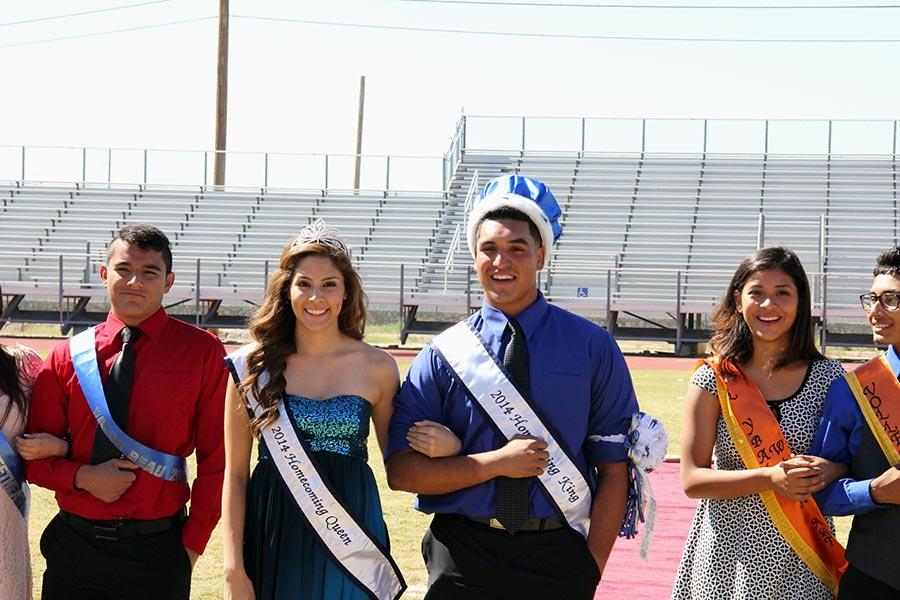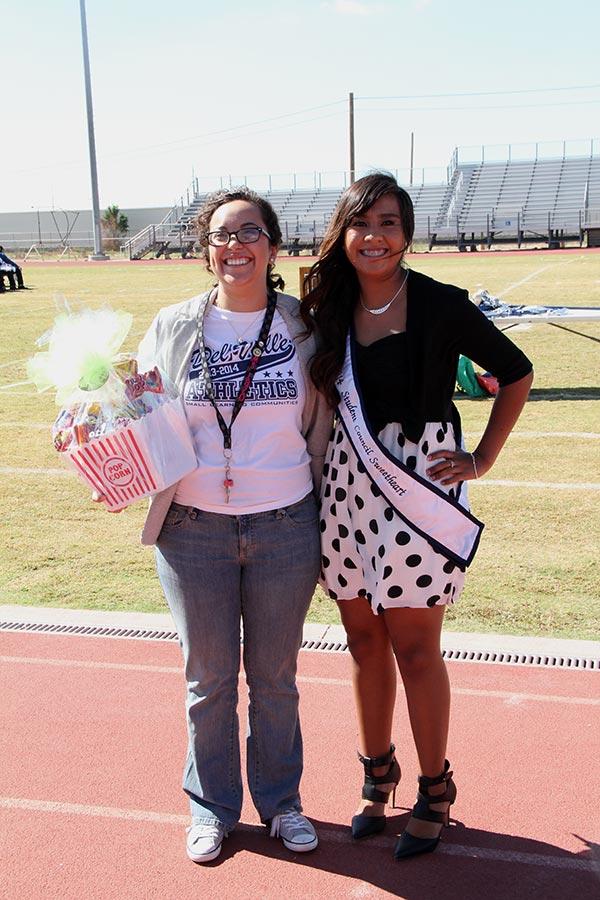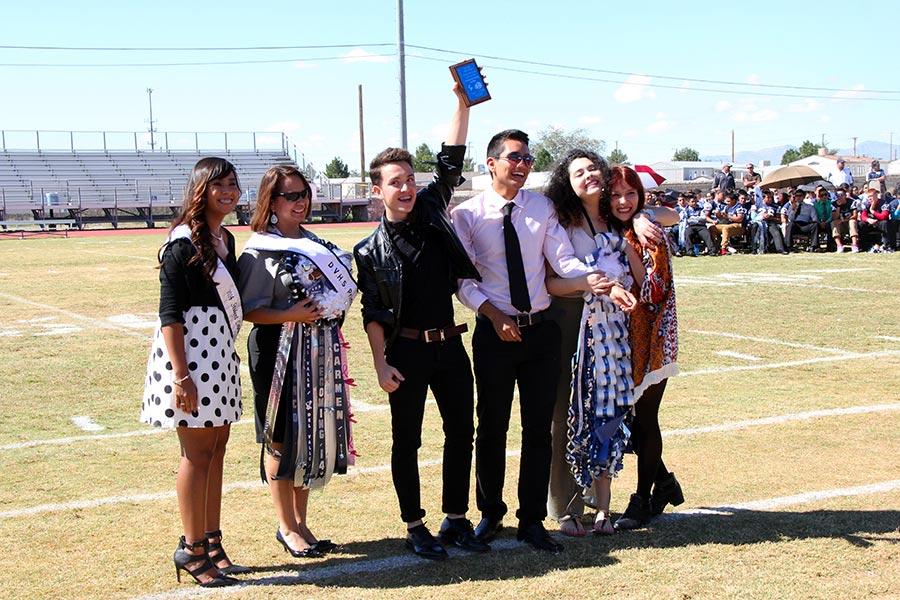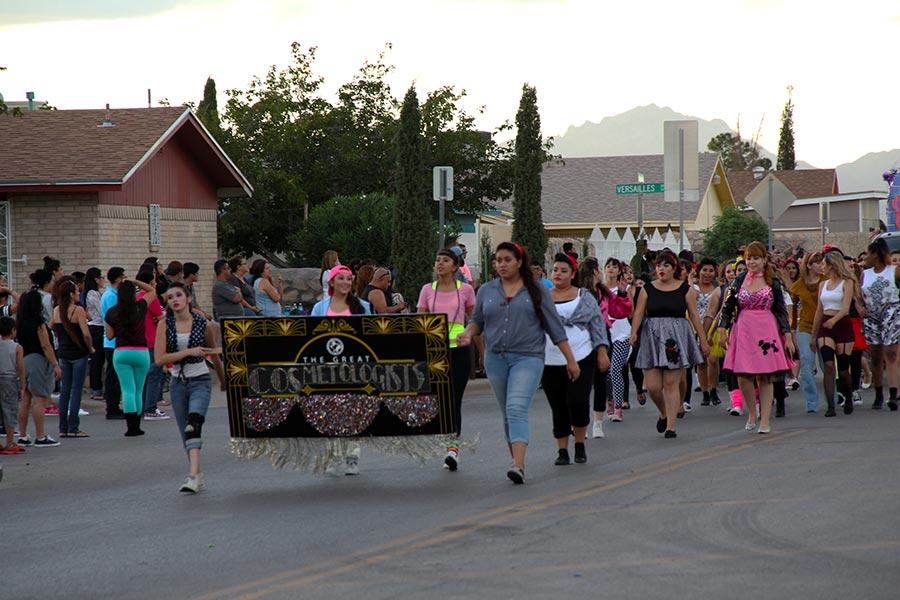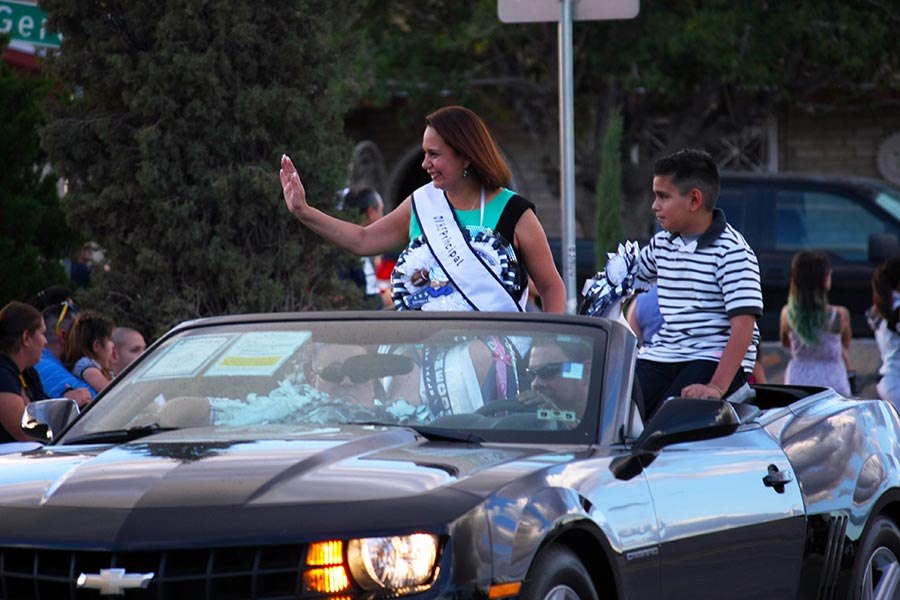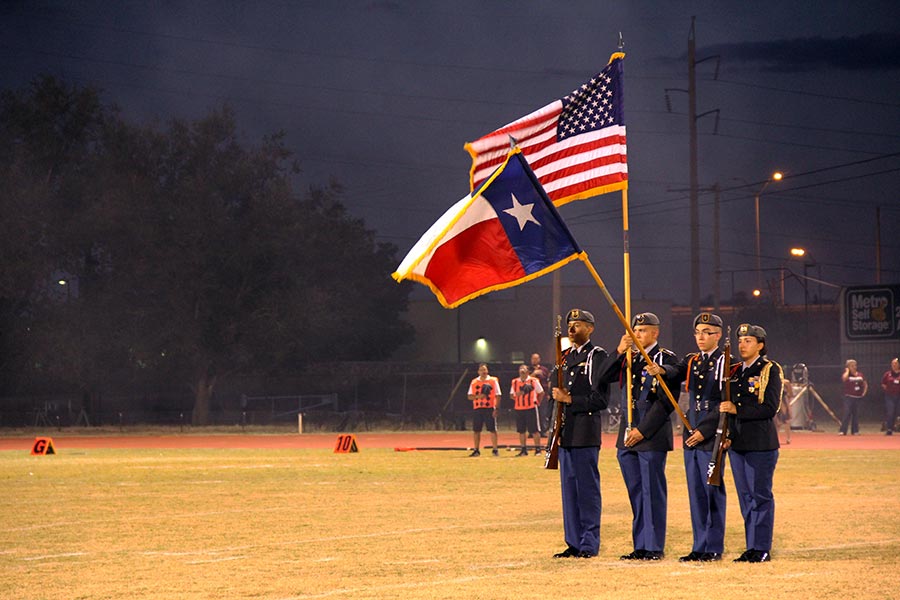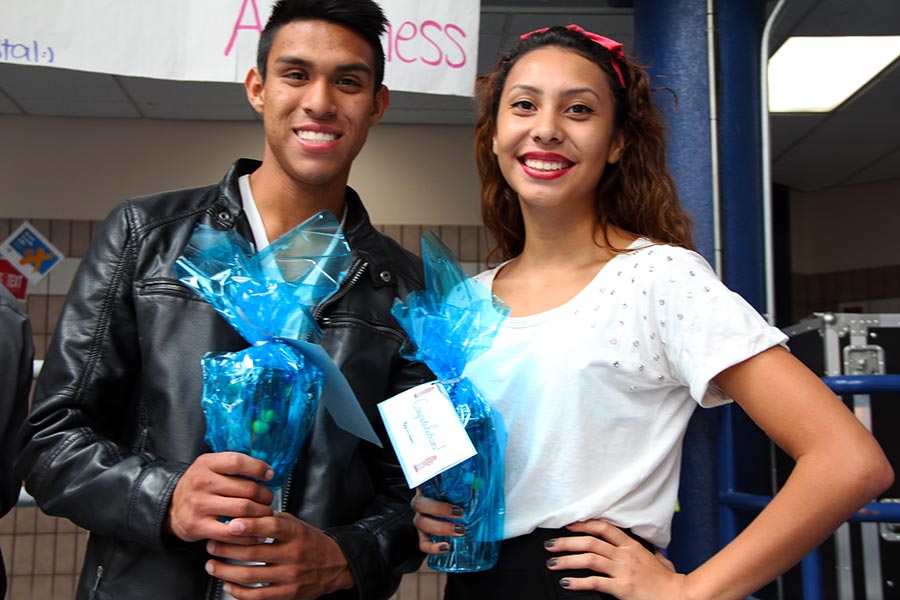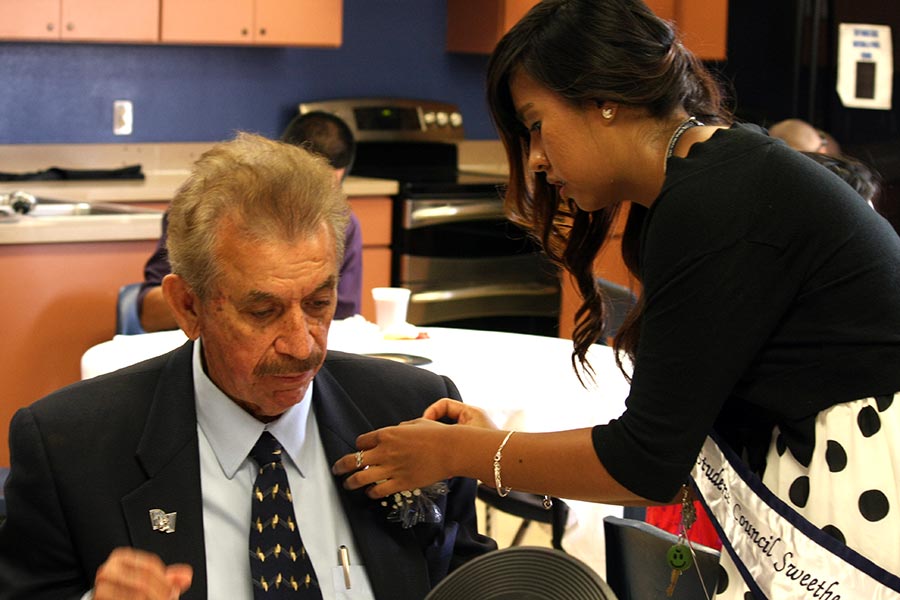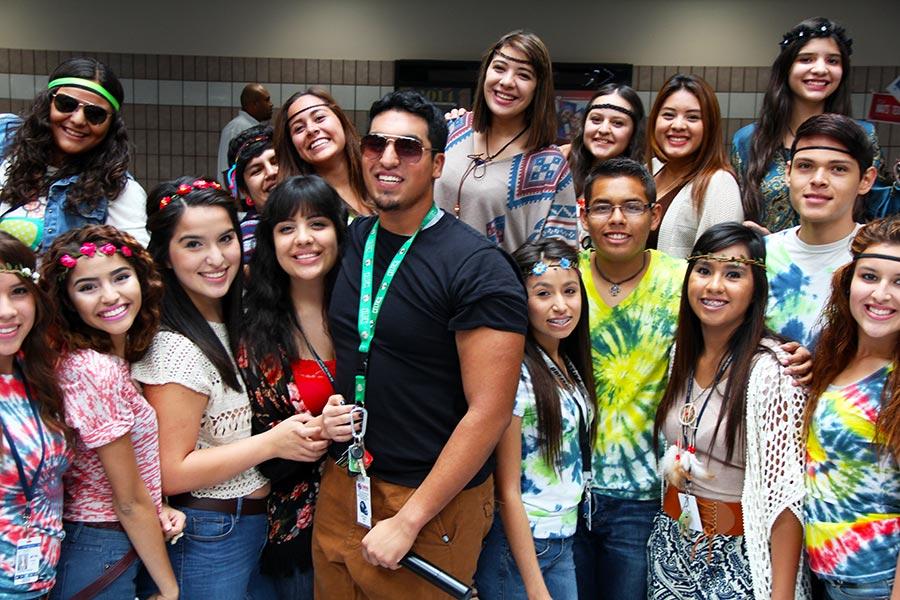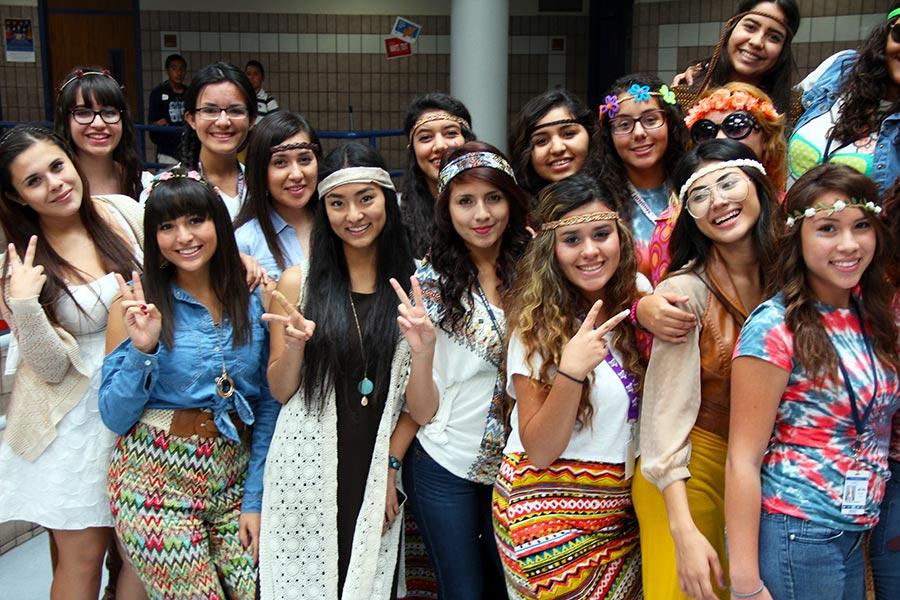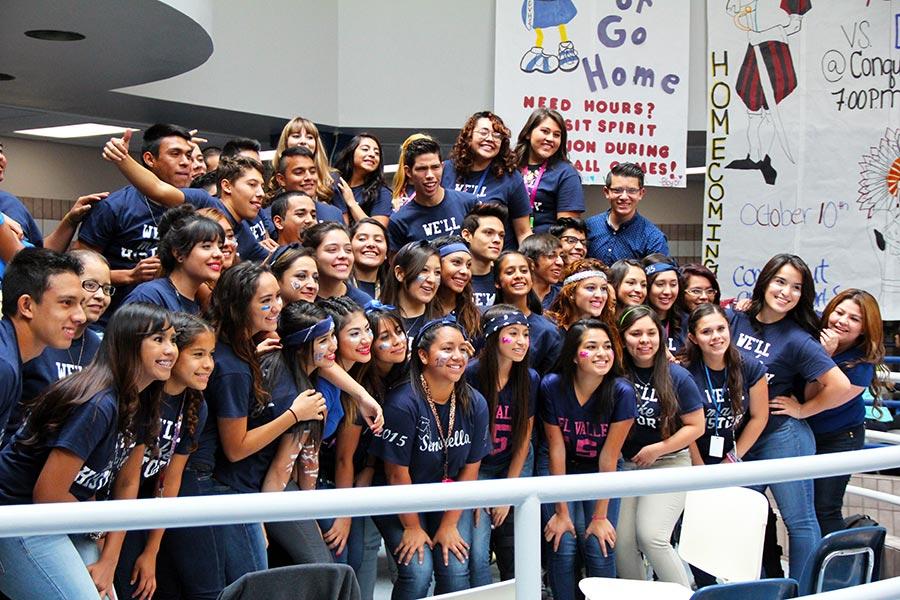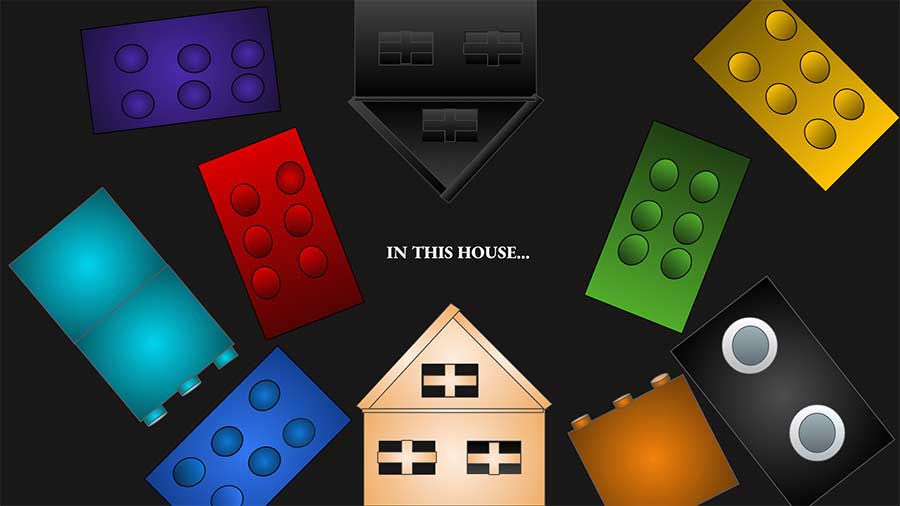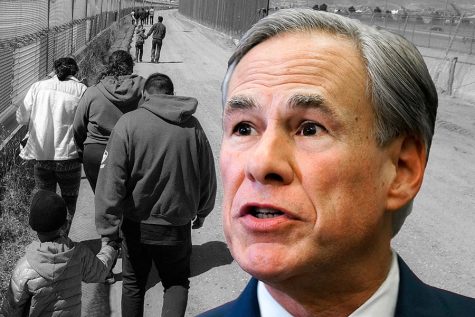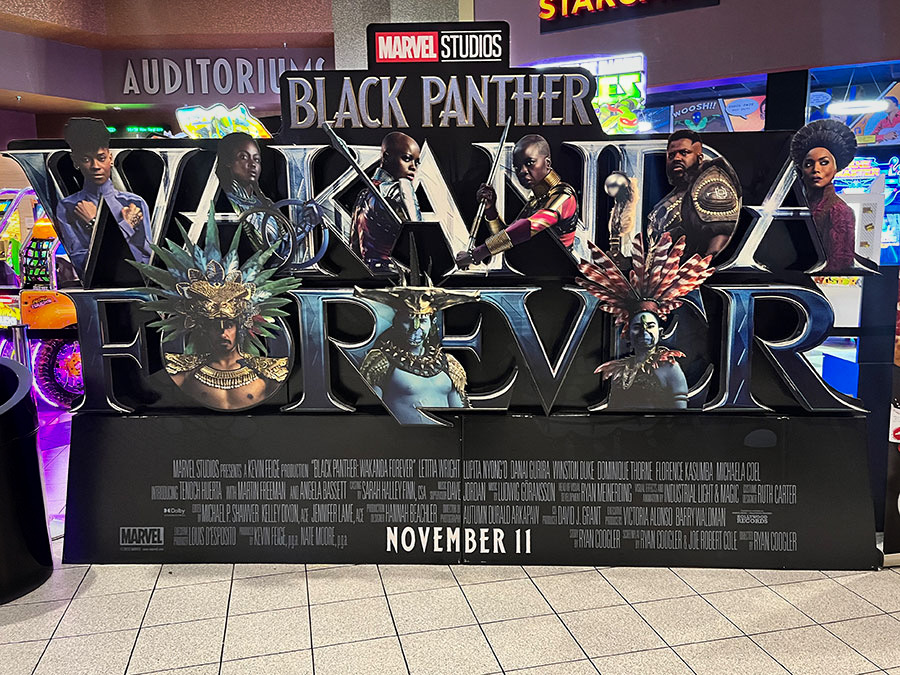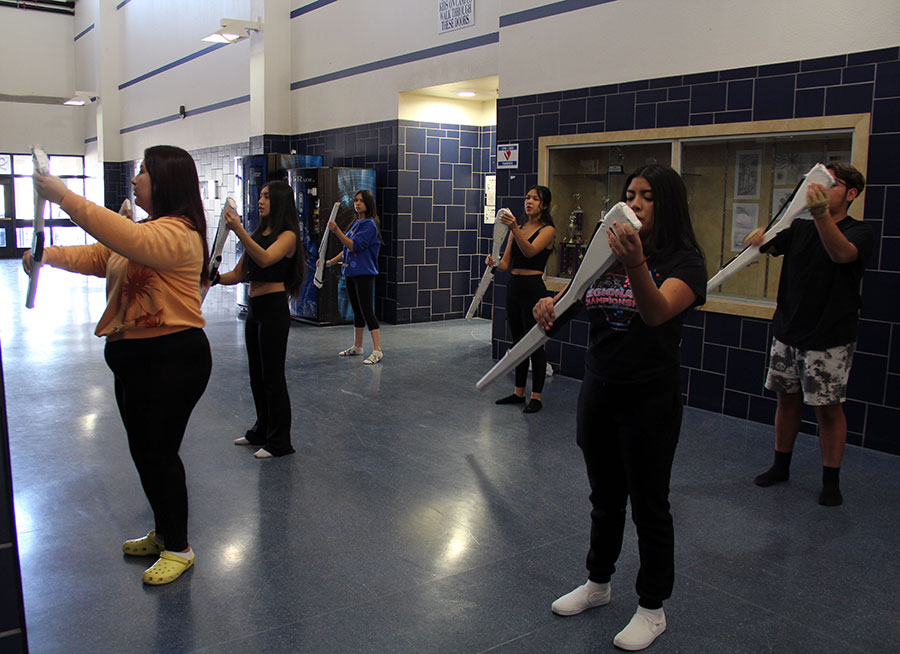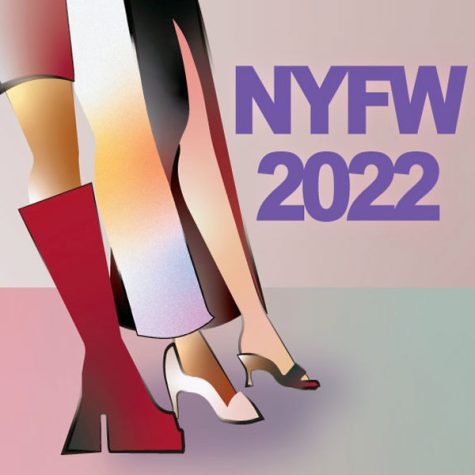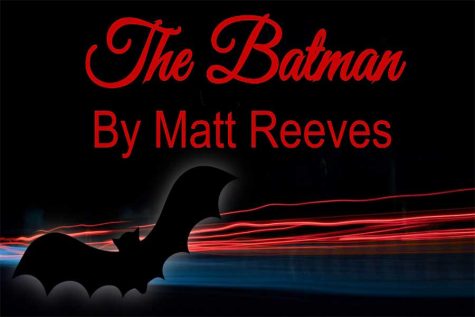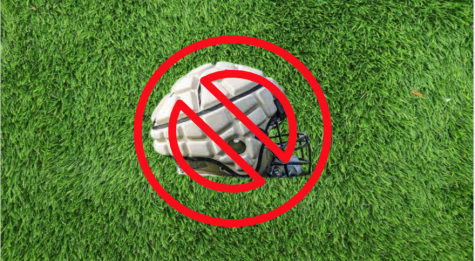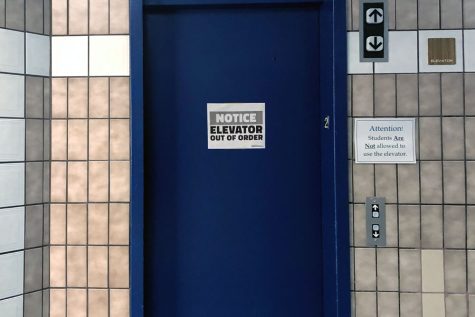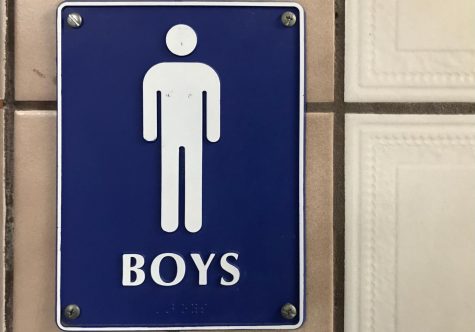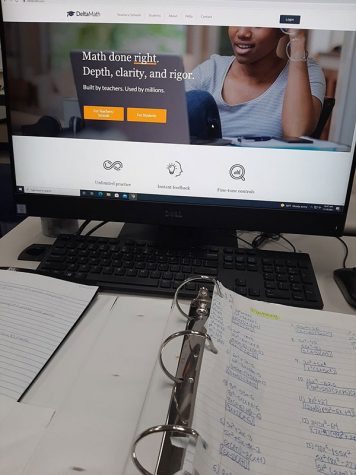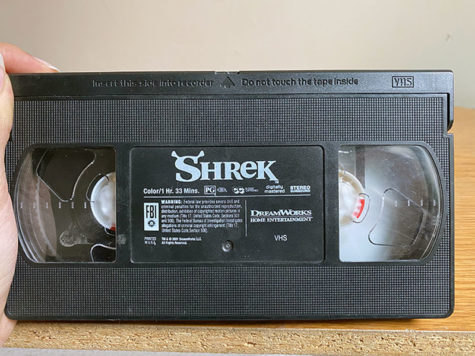#MeToo, a voice for victims
March 6, 2018
Women have endured hardship at the hands of men in power for centuries. Women have been subjugated by men and remained silent for fear of retaliation, being shamed or making difficult situations worse. In what seems to be a turning point, women are coming forward to share their experiences and make a difference through the hashtag #metoo. Things may be changing.
The Me Too movement gained momentum in October 2017 thanks to actress Alyssa Milano who requested an expression of their solidarity through sharing stories of victimization with the hashtag #metoo.
The Huffington Post reported that “The ‘Me Too’ Campaign Was Created By A Black Woman 10 Years Ago,” by journalist Alanna Vagianos, Oct. 17 2017. The movement originated in 2007 through social activist Tarana Burke. Burke wanted to ensure that victims of sexual crime had a means to find security through the catch phrase: “me too.” Burke is touched by the progress made by the Me Too movement thus far and is glad that so many women have come forward about their experiences.
The movement has grown considerably over the past few months. Ever greater numbers of women are sharing their experiences and calling out their abusers, many of which are male directors, actors and comedians.
The initial wave of #metoo use started with allegations against Harvey Weinstein. According to “#MeToo: A timeline of events” by Chicago Tribune reporters Christen A. Johnson and KT Hawbaker, after allegations were made against Weinstein, other accusations flew forward on the wings of #metoo. Allegations against former Olympic Team USA Doctor Lawrence G. Nassar made headlines, and he was sentenced to 175 years in federal prison Jan. 24. After these came accusations against Kevin Spacey, U.S. Sen. Roy Moore, comedian Louis C.K., news anchor Matt Lauer, PBS radio show host Garrison Keillor, music producer Russell Simmons, U.S. Sen. Al Franken, director Woody Allen, television chef Mario Batali, film group CEO Gary Goddard, actor James Franco, and actor Jeremy Piven. Both women and men came forth to make these accusations. The #metoo movement has grown considerably in recent months, but a backlash is brewing.
Backlash against the #metoo movement is built on fears that #metoo is creating a divide between the sexes, according to “A male backlash against #MeToo is brewing” by New York Post critic Kyle Smith, Feb. 3. Many male office workers and senators are separating themselves from their female counterparts to avoid false accusations, a worrying trend for a movement with supposedly egalitarian goals.
The opposition to #metoo argues that these allegations, true or false, have far too much power to end careers and remove due process from social activity. Considering that multiple career politicians and many businessmen are beginning to refuse to be alone with female coworkers and the possibility of false accusations is becoming more prevalent as time goes on, these fears aren’t unfounded.
Although #metoo has opened the door for both male and female victims of sexual harassment and assault to come forward with their experiences to spread awareness of such a critical issue, it’s clear that the power of accusations to ruin careers is substantial. Previously highly respected individuals have had their livelihoods stolen from them without any form of trial or due process. However, through #metoo, criminals have been found, tried, and sentenced to punishment for the crimes they’ve kept secret for so long.
As with any social movement, #metoo has its supporters and its opponents but it’s necessary to examine each accusation and each allegation with a careful and objective lens, calling out against abuses. Allowing divisiveness on this issue closes the door for open exchange of ideas and communication, both of which are necessary for growth on a personal level, and a societal one.

